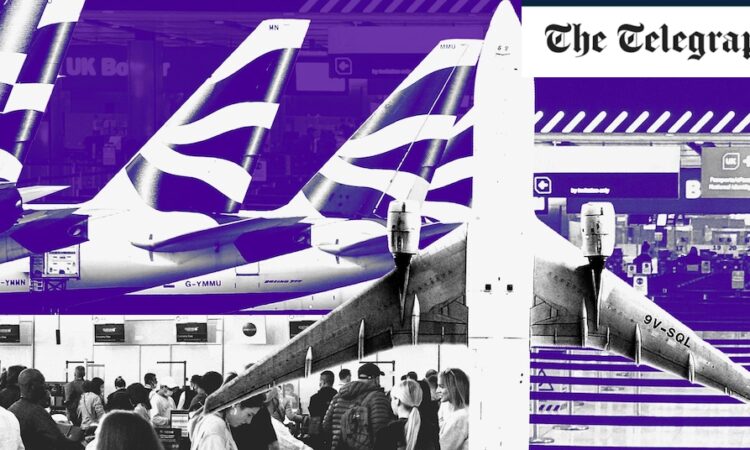
At the time, Khan was keen to make political hay at the expense of his Conservative predecessor, Boris Johnson.
The ruling was eventually overturned by the Supreme Court, yet the views of Labour’s most senior elected politician may soon create a headache for Sir Keir, should the polls prove correct and the party romps to victory at the next general election.
Within Sir Keir’s inner circle, another voice likely to counsel against expansion is shadow energy secretary and climate warrior Ed Miliband.
Ahead of a parliamentary vote in 2018, Mr Miliband argued the scheme was inconsistent with the UK’s climate obligations and would lead to unacceptable air pollution.
There were “other, more limited ways” to meet the need for greater airport capacity elsewhere, he argued.
Yet Sir Keir will face equal pressure from Labour’s union backers in the other direction, with the GMB strongly supportive of expansion. The union has argued the project will create “many thousands of good, unionised jobs at Heathrow and in the wider supply chain” and is vital to supporting the wider aviation industry post-Covid.
At the moment, Labour has no official position on Heathrow expansion other than four vague “tests” dating back to the Corbyn era. These say the scheme must meet air quality, noise and climate change requirements, as well as having a strong economic case.
At the same time, Sir Keir and Rachel Reeves, the shadow chancellor, have also set out plans to help speed up the planning process for major construction projects.
Realistically, it is unlikely Heathrow’s expansion will meet Labour’s four tests, according to Ruth Cadbury, a Labour MP whose constituency borders Heathrow.
“Planes are already coming in at peak times every 60 seconds,” she says. “But the cheap and easy thing for them to do is to have more scheduled flights. When I talk about expansion, that’s what concerns me.
“We’re not fighting the third runway, we’re fighting the increase of that cap – which means more noise. It is the residents in the areas around Heathrow who will pay the price for that.”
Yet the whole of Britain has been paying the price of Heathrow’s shortcomings, which the airport acknowledges
A Heathrow spokesman said: “The UK has a direct connection to 95pc of the world’s economy because of Heathrow’s hub airport status. We are looking at how to unlock more short-term growth by making the current infrastructure as efficient as possible, but we’re getting close to our current capacity limits, which will in turn limit the country’s economic potential.
“That’s why we are actively reviewing our plans for longer-term growth as well, so Heathrow can continue to deliver for the UK economy, improve journeys for customers and meet our sustainability goals.”
Additional reporting by Matt Oliver and Lucy Burton






